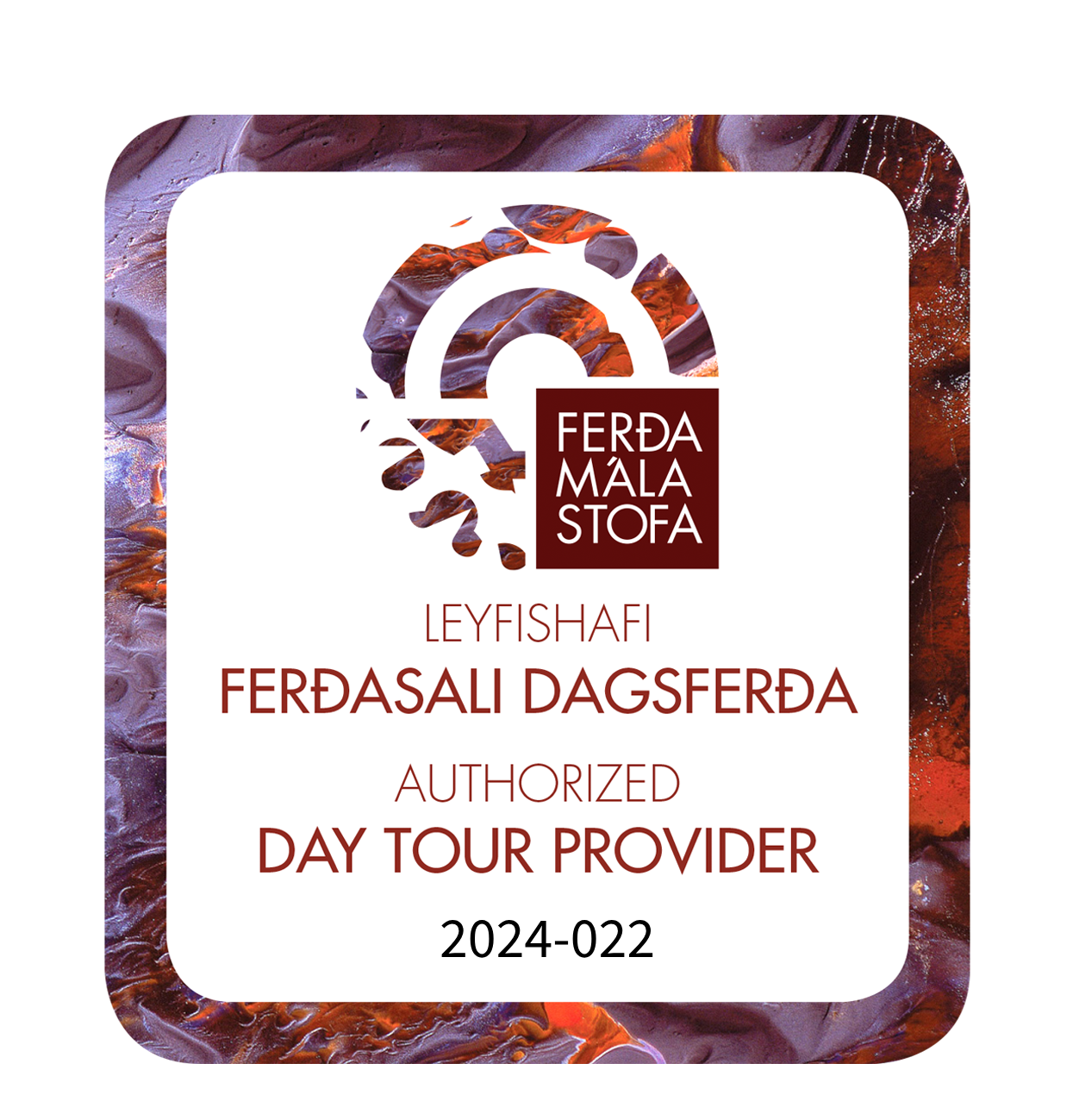Iceland, a land of breathtaking landscapes and rich cultural heritage, has long been associated with its controversial whaling industry. Despite international protests and efforts to protect marine ecosystems, Iceland has continued to allow the hunting of whales within its waters. However, it is high time to reevaluate the morality and sustainability of this practice. In this blog post, we will delve into the reasons why whaling should be stopped in Iceland.
- Ecological Impact:
Whales play a vital role in maintaining the balance of marine ecosystems. As keystone species, they regulate the populations of various marine organisms and contribute to nutrient recycling. Whaling disrupts these delicate ecosystems by depleting whale populations and causing ecological imbalances. With fewer whales, there is an increased risk of overpopulation of certain species, leading to cascading effects throughout the food chain.
- Endangered Species:
Several whale species, such as the fin whale and the sei whale, are listed as endangered or vulnerable on the International Union for Conservation of Nature (IUCN) Red List. Despite these designations and the global ban on commercial whaling, Iceland continues to hunt these majestic creatures. By persisting with whaling, Iceland not only undermines international conservation efforts but also perpetuates the decline of endangered species.
- Inhumane Practices:
The methods used in Icelandic whaling have been widely criticized for their inhumanity. Harpooning whales and shooting them with explosive-tipped harpoons often leads to prolonged suffering and slow deaths. This is not only morally reprehensible but also conflicts with the growing global consensus on the ethical treatment of animals. The unnecessary cruelty inflicted upon these intelligent and sentient beings should have no place in our modern society.
- Declining Market Demand:
One argument often used to defend Icelandic whaling is the claim that it supports the local economy. However, the reality is that the market demand for whale products has been steadily declining worldwide. In recent years, there has been a significant shift in public opinion, with increased awareness of the importance of marine conservation and animal welfare. Consequently, the market for whale meat and other products is dwindling, rendering the economic argument for whaling increasingly obsolete.
- Tourism and Reputation:
Iceland’s stunning natural beauty attracts millions of tourists each year, seeking unforgettable experiences in a pristine environment. However, the association of Iceland with whaling tarnishes its reputation as an eco-friendly and responsible tourist destination. The continuation of whaling practices risks alienating environmentally conscious travelers and diminishing the country’s tourism industry. By embracing whale conservation and focusing on sustainable tourism, Iceland can bolster its image as a global leader in environmental stewardship.
The time has come for Iceland to reassess its stance on whaling. By halting this archaic practice, Iceland can demonstrate its commitment to global marine conservation efforts, protect endangered species, and align itself with the growing international consensus against commercial whaling. Embracing sustainable alternatives, such as responsible whale watching, will not only protect the country’s marine ecosystems but also contribute to its reputation as a responsible and ethical nation. Let us work together to ensure a future where whales are revered for their beauty and importance, rather than hunted for profit.
What can you do:
- Raise Awareness: Educate yourself and others about the issue of whaling. Share information through social media, blogs, or discussions with friends and family. Encourage others to join the cause and understand the importance of protecting whales. Watch: To Whale OR Not To Whale Follow The Last Whaling Station and Hvalavinir on Instagram.
- Support Conservation Organizations: Donate to or volunteer with reputable organizations dedicated to whale conservation. These organizations work towards policy changes, conduct research, and advocate for the protection of whales. Follow The Last Whaling Station, Hvalavinir and Hard to Port on Instagram.
- Sign Petitions: Sign online petitions urging governments and international bodies to take stronger actions against whaling. These petitions can help raise awareness and demonstrate public support for protecting whales. A current petition to end whaling in Iceland can be signed here chng.it/pnmrWmZJgZ
- Contact Government Representatives: Write letters or emails to your local and national government representatives, urging them to take a stand against whaling. Politicians are more likely to act when they know their constituents care about an issue. Katrín Jakobsdóttir, Prime Minister: pmo@pmo.is and Svandís Svavarsdóttir, Minister of Food, Agriculture and Fisheries in Iceland: svandiss@althingi.is mar@mar.is
- Boycott Products: Refrain from purchasing products derived from whaling, such as whale meat or products made from whale parts. Consumer demand has a significant impact on the market, and reducing demand can help discourage whaling activities.
- Support Whale-Watching: Choose responsible and ethical whale-watching operators when visiting areas known for whale sightings. These businesses prioritize the conservation and protection of whales while offering a unique opportunity to observe these magnificent creatures in their natural habitat.
- Promote Sustainable Tourism: Encourage sustainable tourism practices that emphasize respect for marine ecosystems and wildlife conservation. Support travel companies and destinations that prioritize responsible tourism and environmental protection.
- Engage in Social Media Activism: Utilize social media platforms to share information, campaigns, and updates about whaling issues. Tag influential individuals, organizations, and relevant authorities to amplify your message and generate broader awareness. Follow The Last Whaling Station and Hvalavinir on Instagram.
- Attend Protests or Events: Participate in peaceful protests, rallies, or events focused on raising awareness about whaling. Show solidarity with fellow activists and organizations working towards ending whaling practices. Follow The Last Whaling Station and Hvalavinir on Instagram.
- Stay Informed and Active: Stay up to date with the latest developments and initiatives related to whale conservation. Engage in ongoing discussions, participate in online forums, and stay connected with organizations and individuals committed to ending whaling. Follow The Last Whaling Station and Hvalavinir on Instagram.
Remember, every action, no matter how small, contributes to the collective effort to protect whales. By working together, we can help bring an end to whaling and ensure the preservation of these magnificent creatures for future generations.
